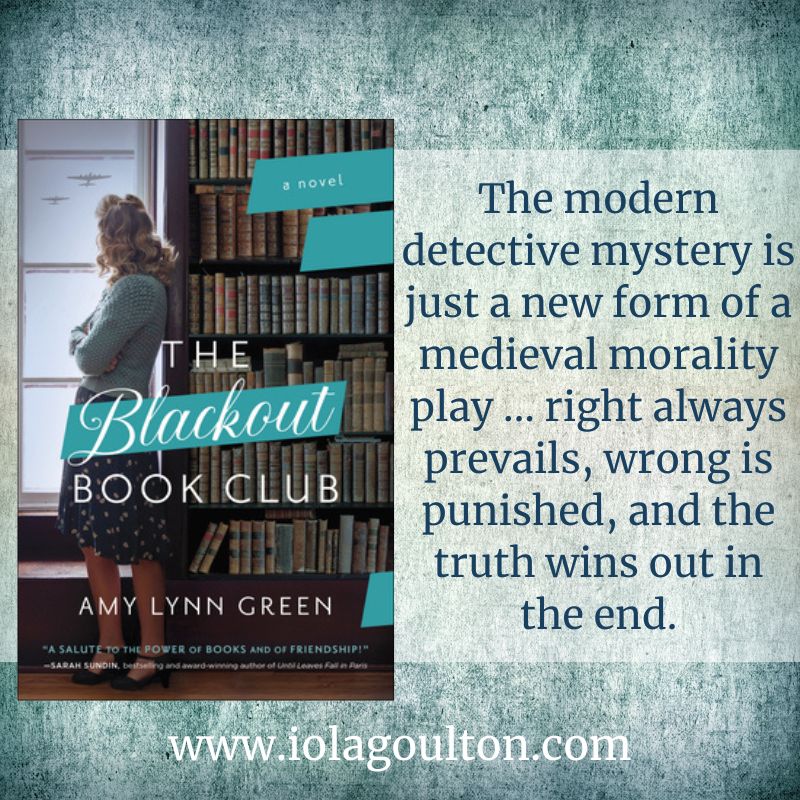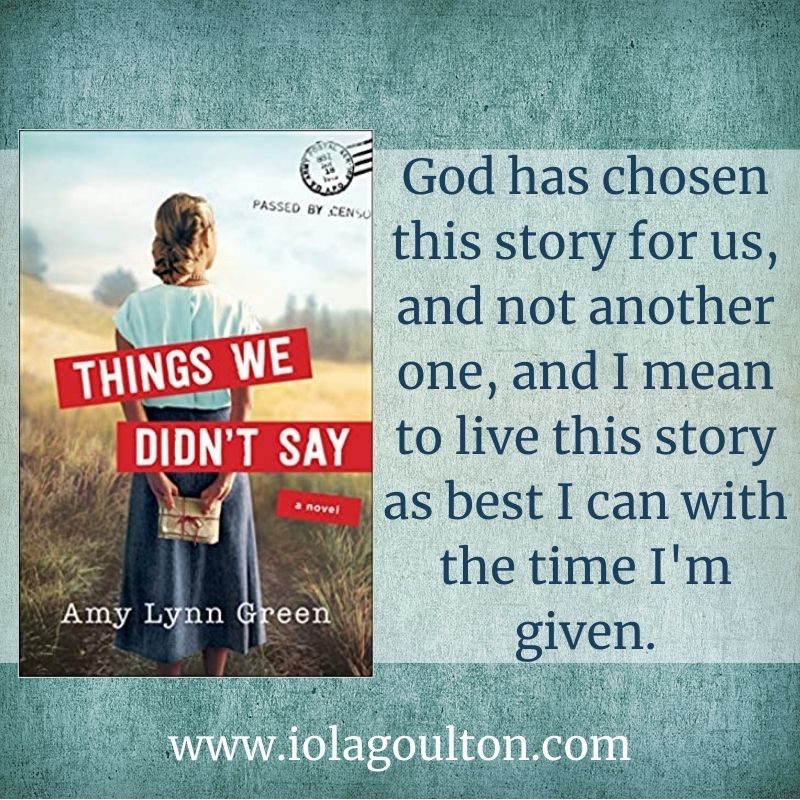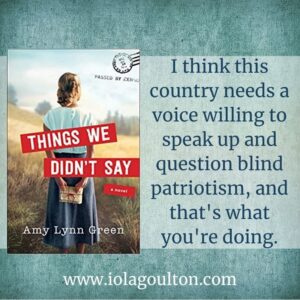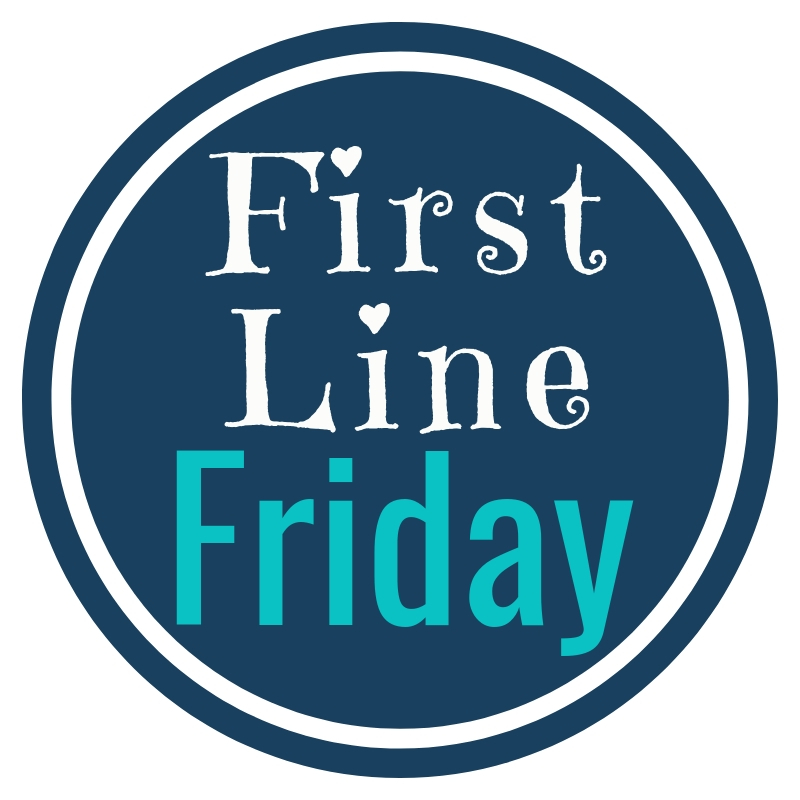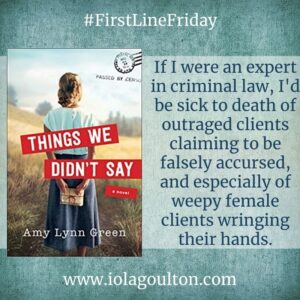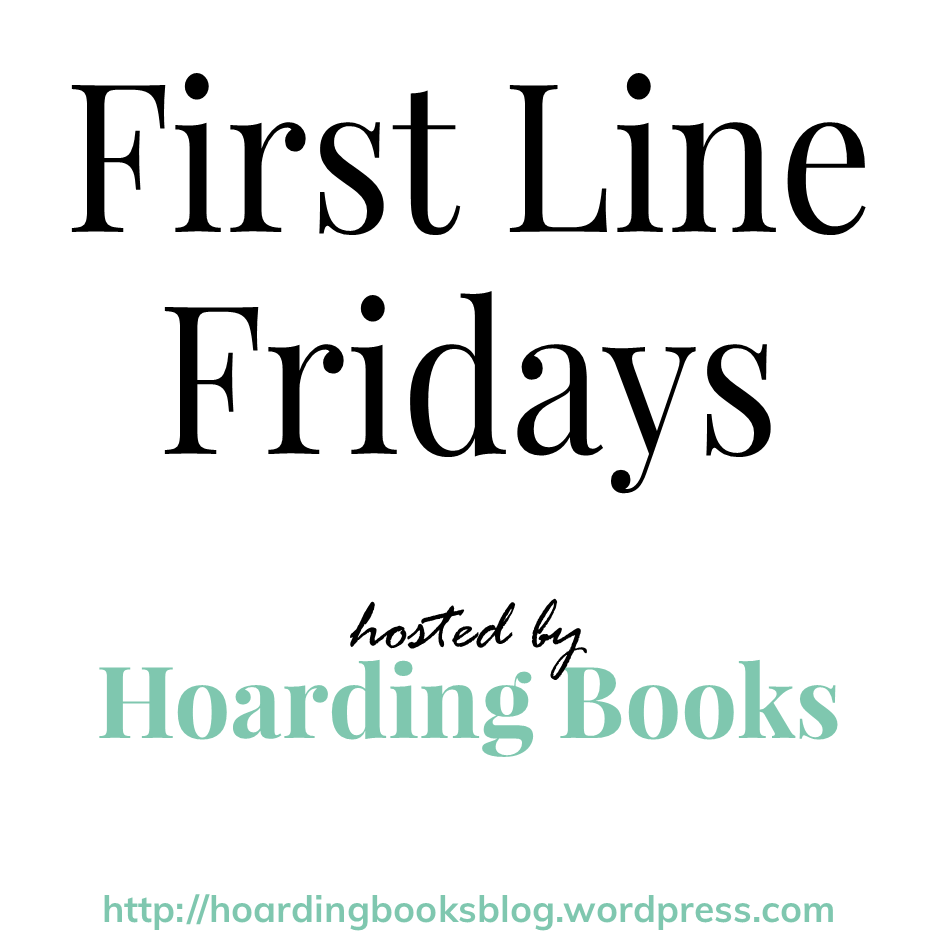The Blackout Book Club starts in January 1942, shortly after the USA joined World War Two
The novel centres around four women living in Maine.
Avis Montgomery takes her brother’s job in the local library when he goes off to fight. She’s not a reader, and doesn’t see his fascination for books, but wants to do her bit to support the war effort. When the library’s owner, Miss Cavendish, says she plans to close the library, Avis comes up with the idea of a book club to help save the library for her brother’s sake.
Louise Cavendish is an older spinster, the owner and sponsor of the local library. But the library was her father’s passion, not hers, and she decides to turn the space into a day-care centre to care for the children of the women now working in the local foundry to support the war effort.
Ginny Atkins has lived her entire life in a fishing community on Long Island, Maine, the government buy out her family’s land to build a navy base. She finds work in the foundry in Derby, where she helps manufacture munitions.
Martina Bianchini leaves her home in Boston—and her gambler husband—and takes her children to Derby, where she also finds a job in the munitions factory.
There is also a historic timeline, which shows Miss Cavendish as a younger woman falling for the wrong man, one who works on her father’s estate.
I was very impressed by Amy Lynn Green’s first novel, Things We Didn’t Say.
That was also set in World War Two. the story in Things We didn’t Say was shared entirely though letters, newspaper articles, and court reports, which made for an original and compelling story. The Blackout Book Club is told in a more traditional manner and I thought it lacked some of the freshness that made her first novel sparkle.
(Having said that, I recognise how difficult it must be to write a completely epistolary novel. Jean Webster is rightly famous for Daddy Long Legs – which inspired Dear Mr Knightly by Katharine Reay – but Dear Enemy, Webster’s other epistolary novel, isn’t nearly so good.)
Anyway, the four points of view in The Blackout Book Club were good but lacked the originality of Green’s first book. Unfortunately, the first was a hard act to follow, and I probably would have enjoyed this more if my expectations had been more realistic.
It probably didn’t help that Avis, the main character, was not a reader and didn’t want to work in the library. As a keen reader, I find that hard to related to, and Avis starting a book club bordered on ridiculous (although her motivation was solid: she wanted her brother to have the library to come home to). But, as the title suggests, the book club was the centre of the novel, which brought all the characters together. It also provided many of the best lines:
I was particularly taken by the idea of modern mystery novel as a morality play:
I suspect the same could be said of Christian fiction, especially Christian romance novels. I think these observations were my favourite part of the novel.
The writing was strong, the characters were interesting, and it showed some new-to-me aspects of World War Two history. Recommended for historical fiction fans.
Thanks to Bethany House and NetGalley for providing a free ebook for review.
About Amy Lynn Green
 Amy Lynn Green is a lifelong lover of books, history, and library cards. She worked in publishing for six years before writing her first historical fiction novel, based on the WWII home front of Minnesota, the state where she lives, works, and survives long winters. She has taught classes on marketing at writer’s conferences and regularly encourages established and aspiring authors in their publication journeys. In her novels (and her daily life), she loves exploring the intersection of faith and fiction and searches for answers to present-day questions by looking to the past.
Amy Lynn Green is a lifelong lover of books, history, and library cards. She worked in publishing for six years before writing her first historical fiction novel, based on the WWII home front of Minnesota, the state where she lives, works, and survives long winters. She has taught classes on marketing at writer’s conferences and regularly encourages established and aspiring authors in their publication journeys. In her novels (and her daily life), she loves exploring the intersection of faith and fiction and searches for answers to present-day questions by looking to the past.
If she had lived in the 1940s, you would have found her writing long letters to friends and family, daydreaming about creating an original radio drama, and drinking copious amounts of non-rationed tea. (Actually, these things are fairly accurate for her modern life as well.)
Find Amy Lynn Green online at:
Website | Facebook | Instagram
About The Blackout Book Club
In 1942, an impulsive promise to her brother before he goes off to the European front puts Avis Montgomery in the unlikely position of head librarian in small-town Maine. Though she has never been much of a reader, when wartime needs threaten to close the library, she invents a book club to keep its doors open. The women she convinces to attend the first meeting couldn’t be more different–a wealthy spinster determined to aid the war effort, an exhausted mother looking for a fresh start, and a determined young war worker.
At first, the struggles of the home front are all the club members have in common, but over time, the books they choose become more than an escape from the hardships of life and the fear of the U-boat battles that rage just past their shores. As the women face personal challenges and band together in the face of danger, they find they have more in common than they think. But when their growing friendships are tested by secrets of the past and present, they must decide whether depending on each other is worth the cost.
You can find The Blackout Book Club online at:
Amazon | BookBub | ChristianBook | Goodreads | Koorong

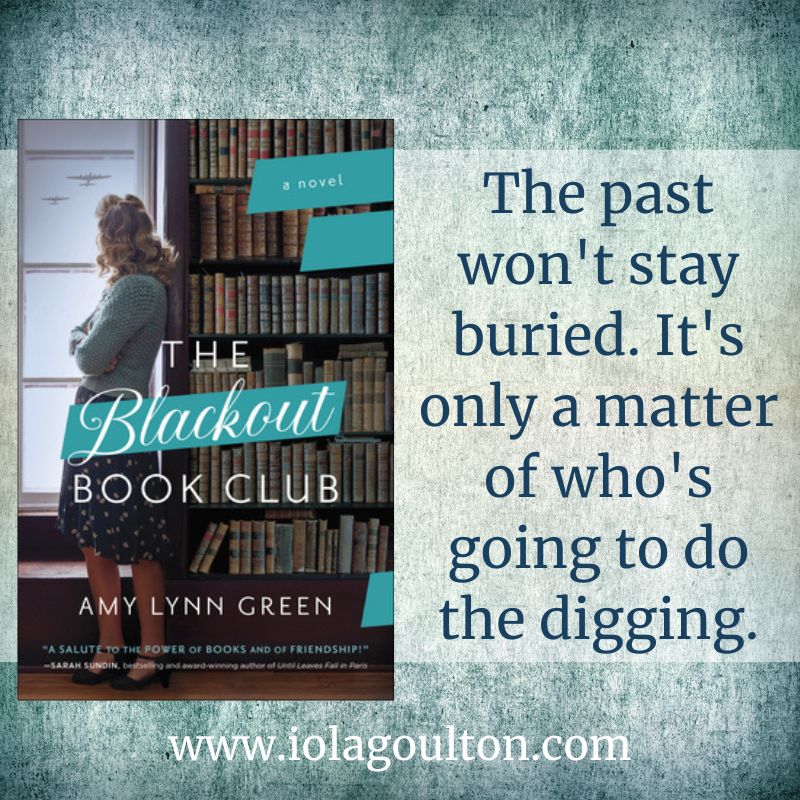
![The best [novels] might be about good and evil in fictional lands, but the were meant to help people recognize them in the real world.](https://www.iolagoulton.com/wp-content/uploads/2022/09/Blackout-Book-Club-2.jpg)
